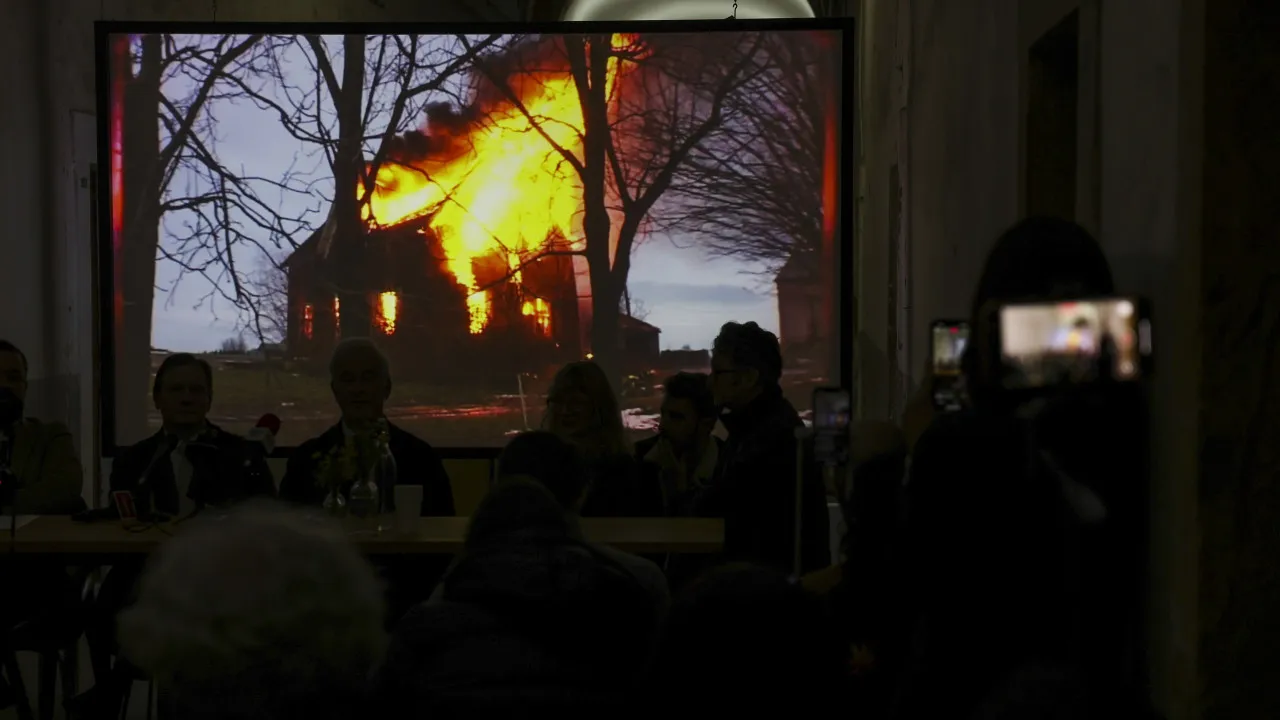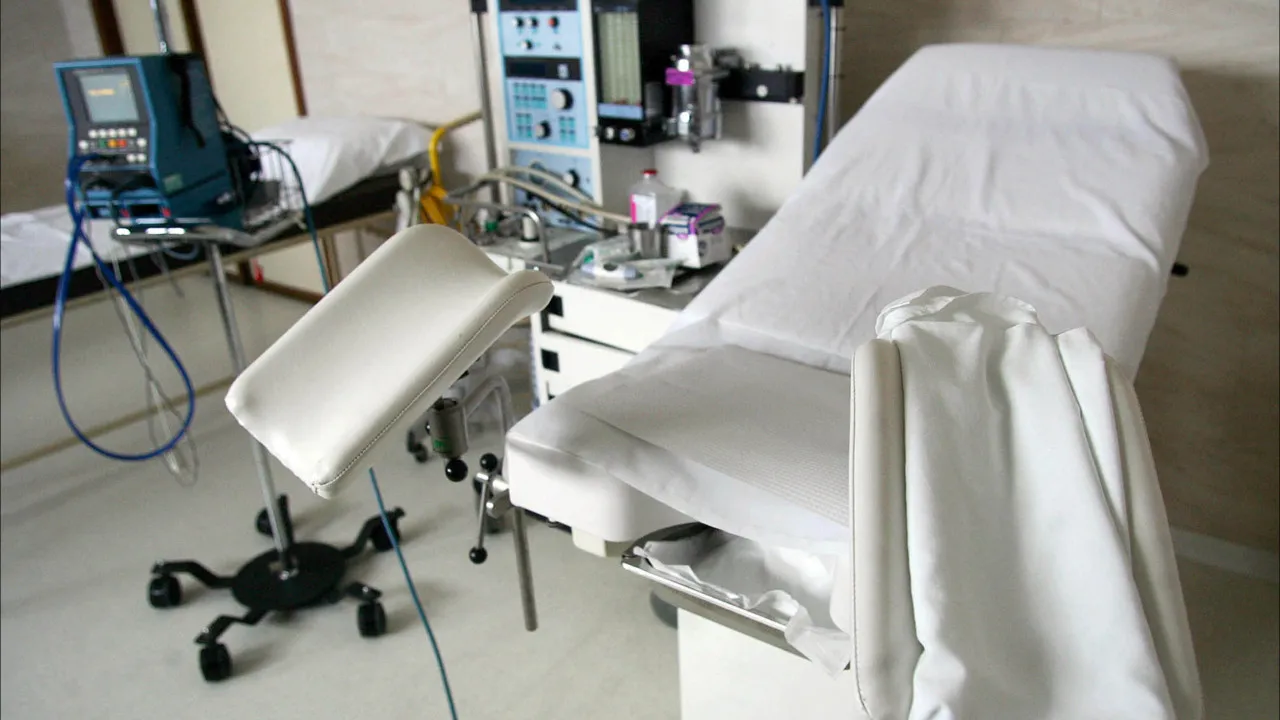
The National Federation of Doctors today denounced as unacceptable the recent incident involving a pregnant woman who lost her baby after being directed to a hospital more than an hour away, describing it as “a breaking point.”
Joana Bordalo e Sá, president of the National Federation of Doctors (FNAM), called for an “immediate change” in healthcare policy, holding the government accountable for the current state of obstetric emergency services.
“We demand an immediate change in healthcare policy, one that restores dignity, safety, and humanity to the National Health Service (SNS), because what happened is intolerable and we must, in good conscience, prevent this from recurring,” she stated.
Reports indicate the pregnant woman, at 31 weeks, unsuccessfully contacted the Health 24 line and eventually called emergency services, leading to the dispatch of Barreiro firefighters. She was transported to Cascais after the emergency services at Hospital S. Bernardo and in Setúbal closed due to overcrowding.
“This case is not an accident; it is a direct consequence of the policies implemented by this Ministry of Health, led by Ana Paula Martins, and we directly hold them responsible for this tragedy,” Bordalo e Sá asserted.
She advocated for an urgent reinforcement of emergency services with more doctors and enhancements in career paths to prevent continued crises.
“If there were a perspective to reclaim doctors for the National Health Service urgently, that is what should be pursued,” she added.
Bordalo e Sá argued that hiring doctors swiftly and efficiently is possible but emphasized that “political will” is necessary.
This marks the second incident reported this week involving a pregnant woman losing her child while seeking urgent care.
On June 10, another pregnant woman was directed by SNS24 to the gynecology and obstetric emergency at the Hospital de Setúbal, where assertions were made that the baby was fine.
Six days later, the 37-year-old woman experienced pain and was treated at the Hospital do Barreiro in the Setúbal district, where she reportedly was advised to return home.
Three days later, feeling worse, she visited Hospital Garcia de Orta in Almada, Setúbal, where no issues were detected.
Within 48 hours, the SNS 24 Line directed the woman to the Hospital de Cascais, where she was informed that no beds were available for admission.
Refusing to go home, she was taken by ambulance to ULS Santa Maria, where an emergency cesarean was conducted.
The newborn, weighing 4.5 kilograms with weak heartbeats and signs of fetal distress, did not survive despite resuscitation efforts.
The National Health Service Executive Board assured at the start of the week that the 40-week pregnant woman “was evaluated in a timely manner.”
In a statement, the Executive Board specified that at every hospital visit, the woman was timely examined by qualified health professionals, subjected to necessary tests and evaluations, and given appropriate guidance.
The board further considered the response as “consistent with the current referral and access protocols, ensuring continuous care throughout the patient’s journey in the National Health Service.”
The Health Activities General Inspectorate stated that it was overseeing the assessment of the five hospitals involved in providing care to the pregnant woman, adding that the hospital units “are assessing the situation within the scope of their respective management authorities.”




